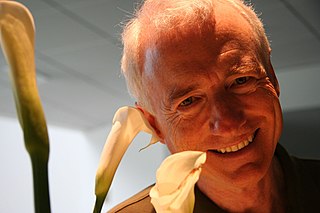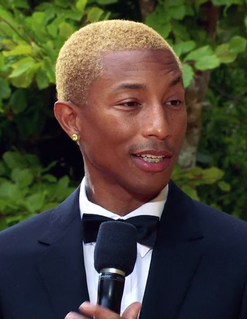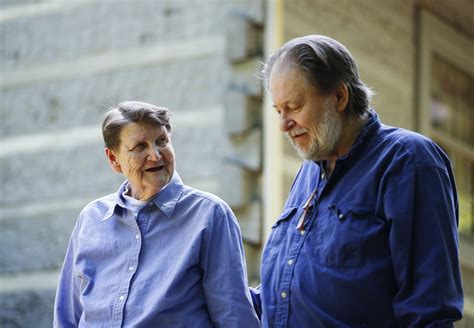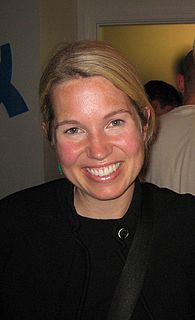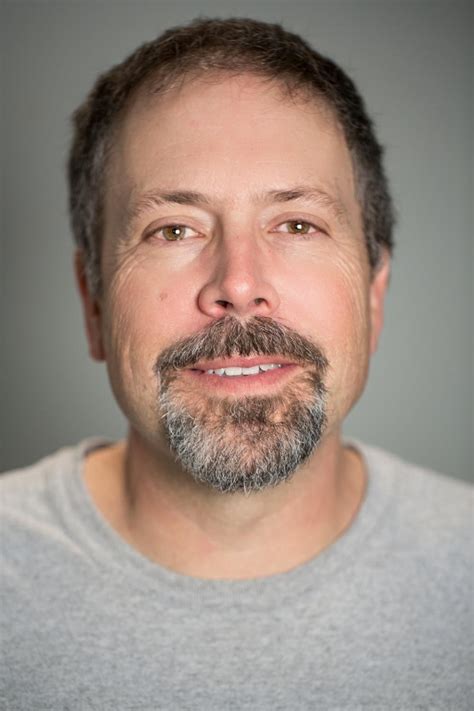A Quote by Larry Tesler
Every application has an inherent amount of irreducible complexity. The only question is who will have to deal with it, the user or the developer (programmer or engineer).
Quote Topics
Related Quotes
First thing the developer has to do is to get an assessment of the threatened species, of the ecological values of that site. At the moment, that developer lodges an application, there's usually trade-offs, negotiations, you end up with remnant bits of land. You might end up with some other offset land that the public has to run. There's no cohesive system of then making sure that we maintain and improve biodiversity values.
The complexity of C++ (even more complexity has been added in the new C++), and the resulting impact on productivity, is no longer justified. All the hoops that the C++ programmer had to jump through in order to use a C-compatible language make no sense anymore - they're just a waste of time and effort. Now, Go makes much more sense for the class of problems that C++ was originally intended to solve.
